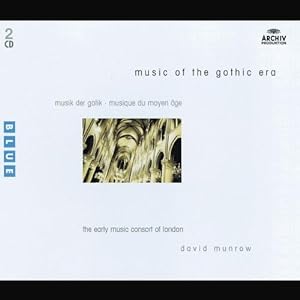No, it's the exact reverse of that! If anything they sound like a 'main monitor mix', but with a bit of the DIY manual NR I was on about earlier. There's little attempt whatsoever made to compensate for small speaker bass absence or to compress. I suspect one reason I and a lot of the Steve Hoffman crowd like them so much is I'm, like most of them, a big speaker user. In fact I'm a user of exactly the speaker that would have been in most of the studios at the time! Remember if you have a monitor with a character the exact reverse of that character is stuck to tape, e.g. use NS10s and you end up with a dull recording with flubby hyped bass (the reverse of a rather dry forward speaker).
The main reason I'm pretty certain these CDs are not cut from "vinyl masters" is this obvious lack of compression. If they really were the vinyl mix they'd sound like the records and have some obvious dynamic compression! Remember compression, used in moderation, has the exact opposite effect to that most people expect - it makes things sound fatter, bigger and way more punchy (it does so by effectively increasing the length of transients by reducing the height). It's great fun to play around with a compressor - I used two own several!
Near-Mint (Record Collector grading jargon).
Which is one of the main reasons ALL vocals are compressed to some degree as a matter course when being committed to the mix, irrespective of final replay solution.
Compression is also a significant factor in the "old school" bass sound in Reggae.


